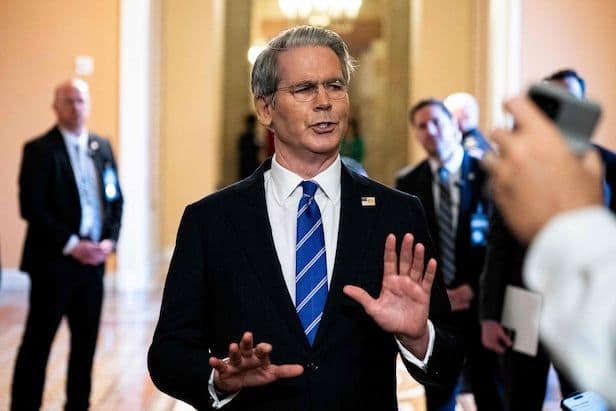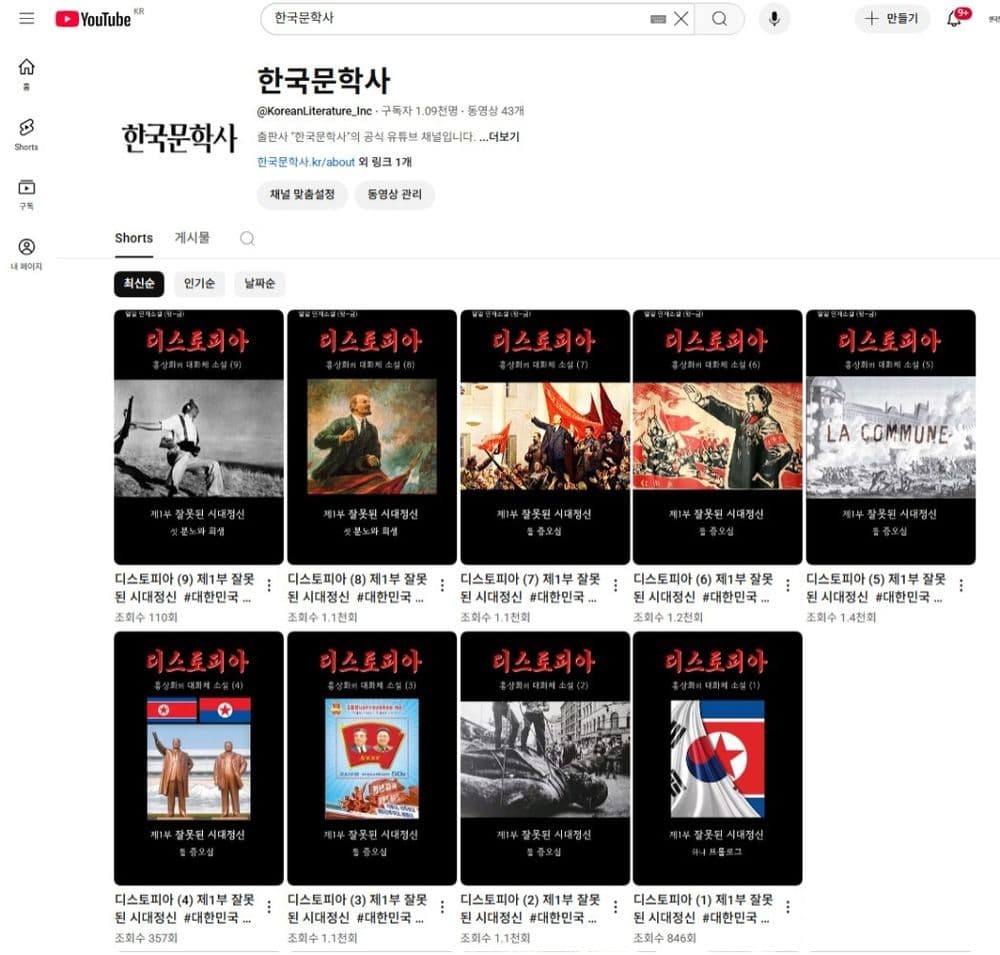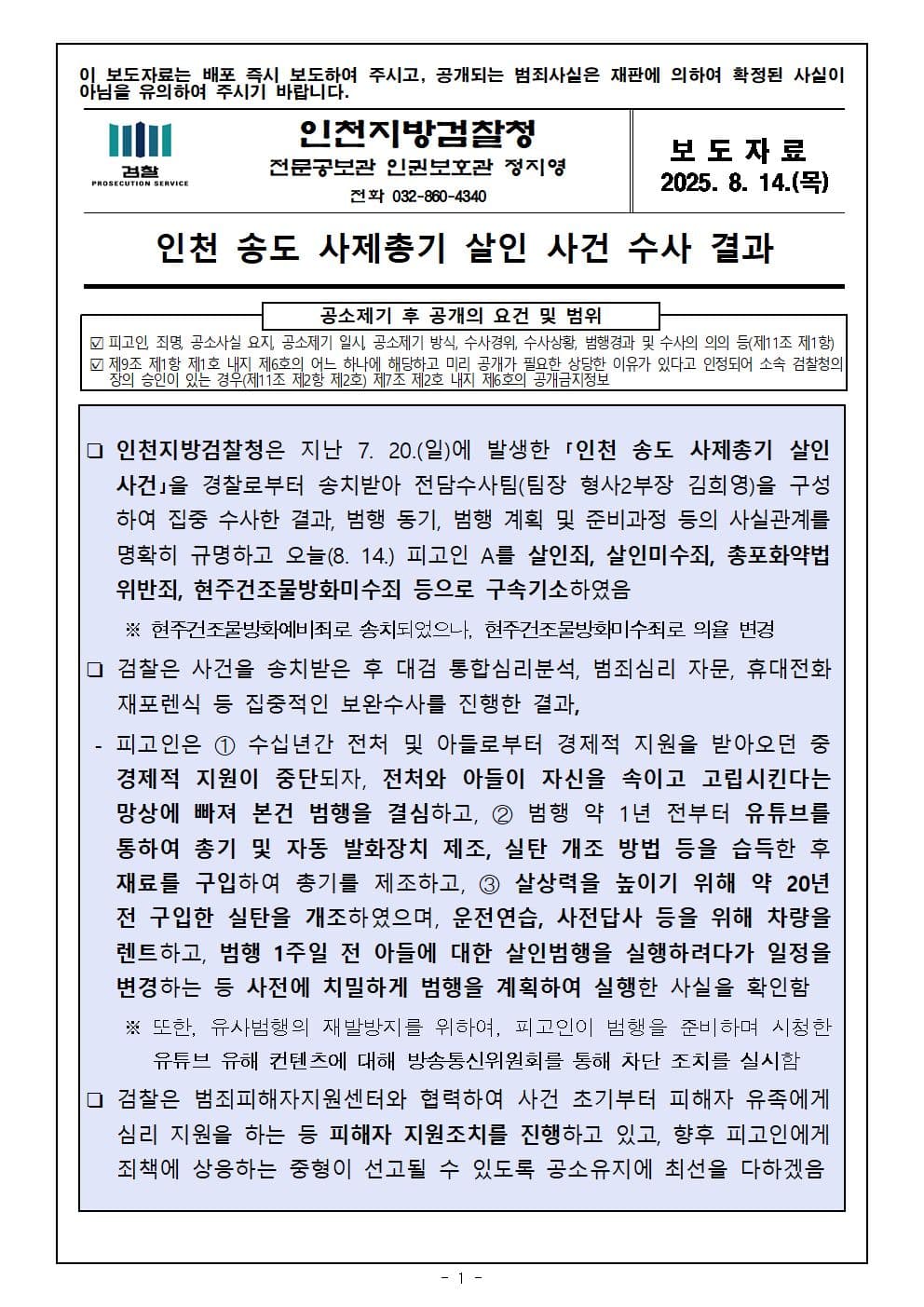Why Did Scott Bessent Cancel the Korea-US Trade Talks at the Last Minute?

The Airport That Became a Symbol of Diplomatic Frustration
Picture this: Korean Deputy Prime Minister Koo Yun-cheol is at Incheon International Airport, bags packed, ready to board his flight to Washington for what was supposed to be the most critical trade negotiation of the year. Then, just one hour before departure, an email arrives. The meeting is off. US Treasury Secretary Scott Bessent cited a scheduling conflict as the reason for postponing the July 25 talks that had been meticulously planned for weeks. The US Treasury Department later explained that Bessent's bilateral talks with Korea were being rescheduled due to this conflict, though they offered no specific details about what urgent matter took precedence. Korean officials were left scrambling, and the public was left wondering: what could be more important than negotiations that could determine whether Korea faces devastating 25% tariffs starting August 1? The answer, it turns out, might be found in Stockholm, where Bessent was scheduled to meet Chinese officials on July 28-29 for the third round of US-China trade talks. With only one week remaining before the tariff deadline, the postponement sent shockwaves through Korean business communities and sparked intense speculation about America's negotiating priorities.
Stockholm Over Seoul: The China Factor

The timing of Bessent's decision reveals much about the Trump administration's trade strategy hierarchy. While Korea scrambled to finalize a deal before the August 1 deadline, Bessent was preparing for high-stakes negotiations with China in Stockholm, where discussions centered on extending a 90-day tariff truce set to expire on August 12. Multiple reports confirmed that Bessent viewed the China talks as likely to result in an extension, telling Fox Business that trade is in a very good place with China. This marked the third high-level meeting between US and Chinese officials in just three months, following previous rounds in Geneva and London. The Stockholm talks brought together Bessent and USTR Jamieson Greer on the American side, facing Chinese Vice Premier He Lifeng and his delegation. Industry observers noted that while China arrived with a 75-person team, the US delegation numbered only 15, suggesting intensive, focused negotiations. The fact that Bessent prioritized these China discussions over the Korea 2+2 meeting sparked debate in Korean online communities. On platforms like Naver blogs and Korean news sites, commentators questioned whether Korea was being used as leverage in America's larger trade war with China. Some speculated that Washington wanted to secure a favorable China deal first before turning attention to smaller allies like Korea, potentially using the Korea negotiations to pressure Beijing.
The Ripple Effect: What Korean Communities Are Saying
Korean public reaction to the postponement ranged from frustration to strategic analysis. On major community platforms and blog posts, several themes emerged. Many Koreans expressed embarrassment that their Deputy Prime Minister had to turn back at the airport after receiving such last-minute notice. The symbolism was not lost on commentators who noted that the US sent the cancellation email at 9 AM Korea time, roughly when Koo was completing departure procedures. Korean trade blogs emphasized the difficult position this put Seoul in, noting that Korea had been among the most proactive US trading partners, with officials shuttling to Washington almost weekly since February, even following Commerce Secretary Howard Lutnick and USTR Greer to Scotland for late-night negotiations. Several analysis pieces compared Korea's situation to Japan's, which had just secured a 15% tariff rate in late July after committing to 550 billion dollars in US investments. Korean observers noted that both nations were being asked to make massive financial commitments while facing the same 15% tariff rate, eliminating Korea's previous 2.5 percentage point competitive advantage under the Korea-US FTA. Community discussions on platforms like Clien and Korean political forums debated whether the government was being too accommodating to US demands or whether this pragmatic approach was necessary given Korea's export-dependent economy. The proposed 350 billion dollar investment commitment became a particular point of contention, representing approximately 72% of Korea's annual government budget and over 18% of GDP.
Behind the Scheduling Conflict: Geopolitical Chess Moves
What does Bessent's scheduling conflict really tell us about US trade priorities in late 2025? Foreign policy analysts suggest the postponement reflects a calculated approach by the Trump administration to manage multiple trade fronts simultaneously. By securing progress with China first, the US potentially gains leverage in subsequent negotiations with allies like Korea and Japan. The Stockholm talks were described by American officials as constructive, with Bessent later stating he believed we have the makings of a deal with China. This optimism about the China negotiations contrasted sharply with the uncertainty facing Korea. Bloomberg reported that the US-China discussions focused not just on tariff extensions but on broadening conversations to address technology restrictions and other contentious issues. Meanwhile, Korea remained in limbo, with Industry Minister Kim Jung-kwan and Trade Minister Yeo Han-koo continuing their scheduled meetings with mid-level US officials in Washington, even as the high-level 2+2 talks were shelved. The Korean Ministry of Finance emphasized that the US side had apologized multiple times in their postponement email and proposed rescheduling as soon as possible, though no concrete date emerged immediately. By October 2025, with Trump's potential visit to Korea expected around October 29 for APEC, Korean officials hoped the presidential summit might finally break the deadlock. Yet the episode highlighted a fundamental question that Korean citizens, businesses, and policymakers continue to grapple with: in Trump's transactional approach to alliances, where does Korea actually rank?
Discover More

A 20-Year-Old Korean Novel Returns as Daily YouTube Shorts: What's the Buzz About Dystopia?
Hong Sang-hwa's controversial 2005 novel Dystopia, which sparked intense debate about Korean society's ideological divide, has been reborn as YouTube Shorts in 2025, reaching new audiences through 120 daily episodes with rich visual content.

A Birthday Party Turned Nightmare: The Shocking Truth Behind Incheon's Homemade Gun Murder
In July 2025, a 62-year-old father killed his own son with a homemade shotgun at a birthday celebration in Incheon's Songdo district. This shocking case reveals a disturbing story of financial disputes, family betrayal, and meticulous criminal planning that has left South Korea stunned.